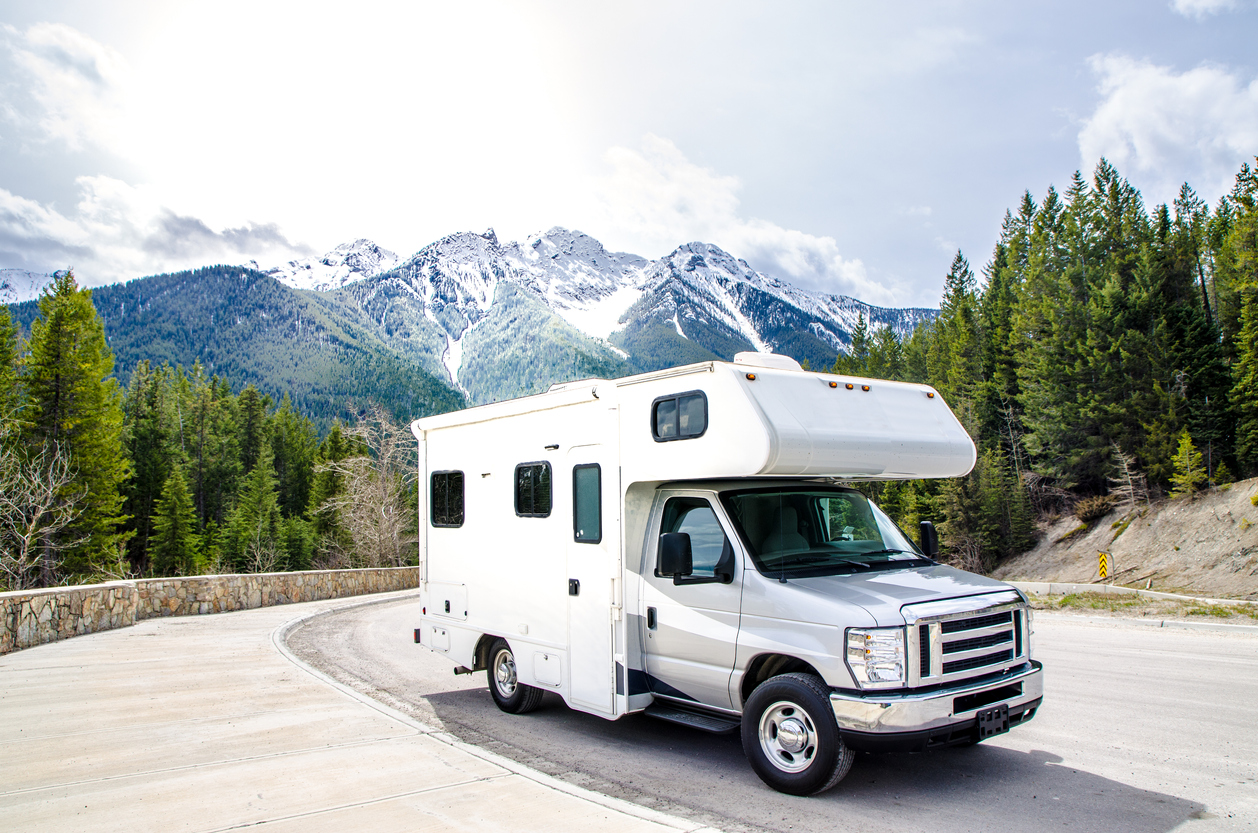
Before buying an RV, consider all the protections you might need, such as a comprehensive RV Insurance policy. There are a few considerations for RV insurance before locking in a policy.
RV Insurance
Check out the top five things to know before you get RV insurance.
Understand the Legal Requirements for Your Insurance
Understand the Legal Requirements for Your Insurance Policy
Before shopping for policies, you should know how much insurance you’re legally required to have.
In most cases, having a basic insurance policy for your RV will likely be mandatory.
The specifics of your required coverage may vary from state to state. In general, you can expect to at least need primary personal injury and liability coverage.
Make Sure Your Vehicle Type Qualifies for an RV-Specific Policy
Before you sign on an insurance contract’s dotted line, make sure that your vehicle does qualify for an RV policy. Oversized vehicles may resemble RVs in some ways, but these policies specifically cover Class A, B, and C RVs. Check that your vehicle falls into one of the following categories:
• A Class A motorhome or RV
• A Class B RV, also known as a camper van
• A Class C RV, which may resemble a large truck or van
Look for Policies That Offer Extensive and Practical Coverage Types
If you want more than just a basic policy covering legal requirements, there are plenty of add-ons to explore. You can find policies that provide extensive coverage for various scenarios that may occur when you’re driving or storing your RV. Some suitable coverage types include:
• Comprehensive coverage and collision coverage
• Coverage for water damage
• Liability coverage
• Roadside and towing assistance
• Personal injury protection coverage
• Personal effects coverage
Tailor Your Coverage to Your Residential Status
One factor that can affect how much insurance you’re required to have, and the rates you may end up paying, is your residential status. If you live in your RV full-time, you may need more coverage and may have higher rates than part-time dwellers.
What Factors Will Affect Your Rates
Finally, when comparing premium prices, consider the various factors affecting your rates. For instance, if you have a perfect record and haven’t made claims in the past, you may be more likely to be quoted lower rates than if you had had multiple accidents in the recent past.
Some usual factors that can determine your rates can include:
• Your driving record
• Where you store the RV
• Your chosen deductible
• The size, age, and estimated value of the RV
• How often do you drive the RV
Before you decide on your RV Insurance policy, you need to know a few key factors. Securing the proper approach may depend on little research and prior know-how. With these tips, you can ensure you get the right policy for your RV needs.
About Provident Protection Plus
At Provident Protection Plus, we have served the businesses and residents of New Jersey, New York, and Pennsylvania for more than 60 years. We are a wholly-owned subsidiary of Provident Bank, the region’s premier banking institution, and we are prepared to offer you personal, business, employee benefits, and risk management solutions. To learn more about our coverage options, contact our specialists today at (888) 990-0526.



